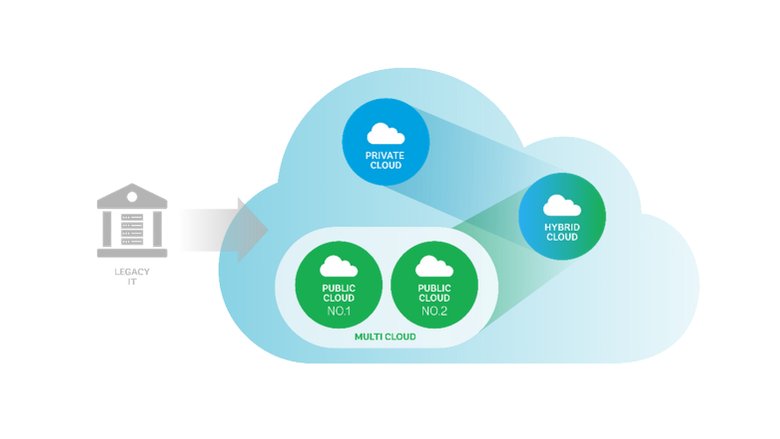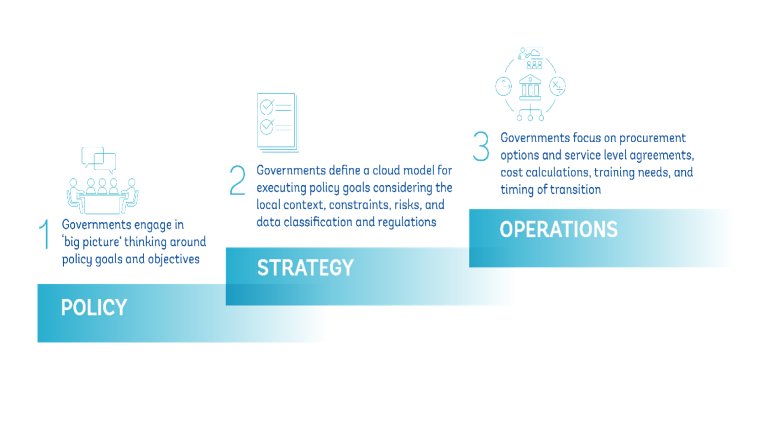Cloud services play a critical role in accelerating digital transformation and delivering essential public services. During the COVID-19 pandemic, cloud services proved life-saving in Rwanda where an acute shortage of health-care workers was resolved through artificial intelligence (AI)-assisted medical triage using a cutting-edge application that required a connection to the cloud. The application checked patients using an AI symptom checker and monitored them during recovery, freeing up health-care workers to support other people as needed. AI also facilitated near-realtime language processing so patients could speak their indigenous language, Kinyarwanda. Sensitive medical records shared by this application were safeguarded with cybersecurity and data protection measures.
The intensive AI and security requirements used in projects like this one in Rwanda are too expensive and technically sophisticated for a single local cloud provider to manage. Instead, the job must be shared between two cloud providers in an increasingly common hybrid-cloud solution that resolves challenges like this that would be otherwise impossible. In this case, one cloud hosts basic digital services involving personal identity and health information collected from patients, while a public cloud service provider takes on the heavier workload involving AI applications that require more processing power.
Turning to innovative cloud solutions made much sense in this case, given the deficit of skilled health-care workers needed to meet public demand, and an enabling ecosystem that facilited adoption of this hybrid-cloud solution.
Cloud-based options for managing data
To achieve the next stage of digital transformation and enable countries to reap the benefits of the global digital economy, governments must prioritize adoption of cloud services where feasible. Cloud technologies offer cost savings, the ability to scale rapidly, access to advanced cybersecurity features and big data processing using AI. In addition, enhanced capacity for innovative business applications through the cloud can facilitate e-Government platforms and services, as demonstrated by the case in Rwanda.
Additionally, there is an ever-growing number of sophisticated Software as a Service (SaaS) business applications delivered through the cloud to solve specific public sector challenges, such as invoicing, citizen engagement, and managing registration databases. Cloud solutions can further support governments with cloud-based backup systems to enable a layer of redundancy in the case of a system crash, and ensure service continuity.
To realize these benefits, governments in developed countries have long shifted focus away from relying on legacy IT systems to utilizing more cloud-based solutions to manage their data, and increasingly, using public cloud services delivered over infrastructure shared by multiple clients. In contrast, governments in developing countries often maintain or expand legacy-IT systems, limiting the cost savings and advanced functionalities that cloud services could yield.



